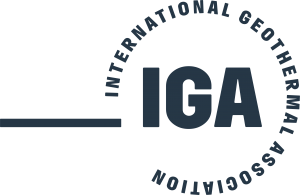Start-end date: 2013-2015
Project of the Inter-American Development Bank (IDB) and the National Energy Council of El Salvador (CNE): Concept development of a Regional Geothermal Training Centre in Central America.
The IGA and the International Geothermal Centre Bochum advise the National Energy Council of El Salvador (CNE) and the University of El Salvador in establishing a Regional Geothermal Training Centre. The project was funded by the Inter-American Development Bank (IDB). The consultancy included the following components: training needs assessment in Latin America and the Caribbean, sustainable financial plan of the training centre, academic curriculum, training of lecturers, administrative plan, improvement of learning infrastructure, marketing concept, development of the scholarship programme 2014, cluster concept and collaboration with the industry.

